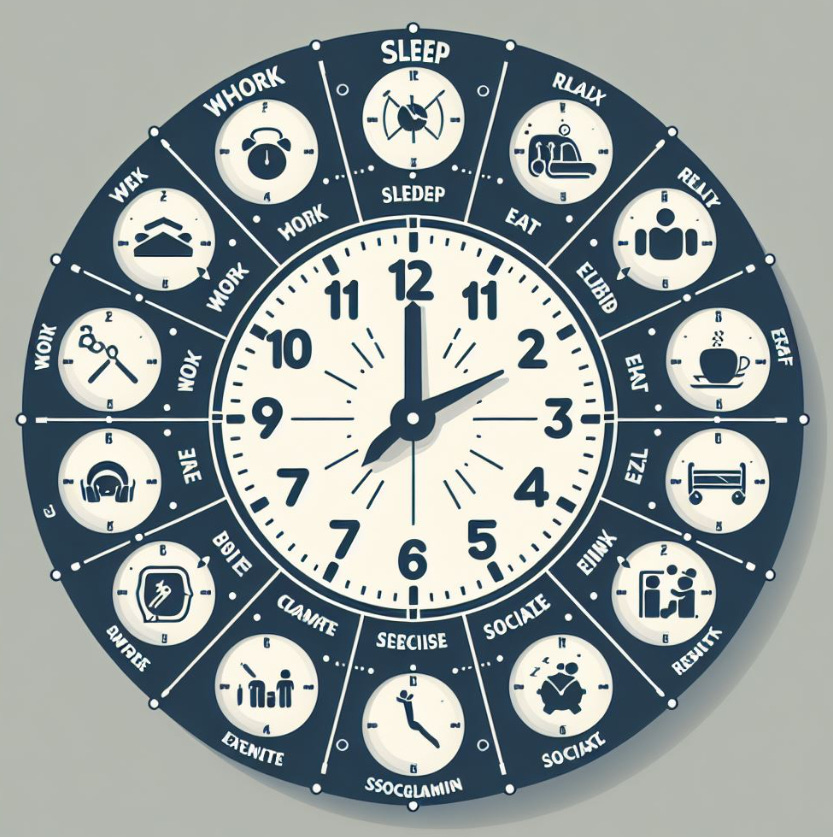5 unique mindfulness strategies you cannot afford to avoid for minimizing your stress and improving your emotional regulation skills
Updates from the latest research regarding mindfulness and emotional regulation
A recent systematic review by Galante and colleagues reveals a significant reduction in psychological distress in people attending mindfulness-based programs. The study defined psychological distress as a state of emotional or mental disturbance or unpleasant experiences, such as depression and anxiety.
Another study by Daros and colleagues emphasizes the role of emotional regulation skills in reducing anxiety and depression in youngsters. A recent study by Kozubal, Szuster, and Wielgopolan defines the emotional regulation capacity of individuals as a function of their emotional experience intensity. In other words, the amount of stress faced by people influences their potential to regulate their emotions.
The findings from these studies tell us that there is no single or standard technique to regulate your emotions and defeat your stress levels. A thorough assessment of your stressors and their causative factors is the key to determining your stress management and emotional regulation strategies.
However, you can surely improve your self-control, stress management ability, decision-making, and emotional regulation, by mastering a few powerful mindfulness tactics.
Mindfulness is an approach that helps you increase your consciousness of your own self in a non-judgmental manner. It also improves your interaction with your immediate environment by increasing your self-control over your bodily states, thoughts, and sensations.
Learning mindfulness also enhances your tolerance, empathy, acceptance, curiosity, and openness to understand your surroundings with rationality and scientific temper.
With more self-regulation, self-discipline, and self-awareness, you will transcend your current thought process and interact with the cosmos like an autopilot, who once reaches the threshold, does not require additional fuel to traverse the space and decide the current and future trajectories.
Now let us get back to the mindfulness strategies that you should not abstain from practicing to make your moments livelier and your life more joyous and fulfilling.
1. Challenge and rechallenge your own thoughts and search for rational answers
Rather than being a stubborn adult occupied with conservative thoughts, it is better to act like a child, driven by curiosity, and find pleasure in little inventions and discoveries. Remember, a curious mind is a rational think tank.
Questioning your own self, after introspection, will help you overcome your false beliefs and defeat the colonial thoughts fed into your mind by society since your arrival on this beautiful planet. This will immensely boost your stress-fighting capacity.
2. Set your clock for your daily activities
A disciplined life is a difficult approach as it seems initially. However, the process is customized as soon as you achieve the autopilot mode.
Prepare a daily activity planner in your digital diary, measure your adherence levels to your work action plan each day, and try to improve week by week with consistency in thoughts and firmness in action. Set your own priorities, be your own master, and beat the stress by self-managing your emotions.
3. Appreciate and reward yourself for small achievements
Feel elated, feel gratified, feel contended by the small acts you do to make your life better and meaningful. For example, read a page of a book, write an article, interact with a friend, help a needy person, raise your voice against injustice, retain your calm, control your anger, and appreciate yourself for these small achievements.
Plan an outstation trip to experience nature, recognize your inner-self by spending some time at the beach, take a rest after every rigorous physical or mental activity, and practice deep breathing in isolation– 15-20 times a day.
4. Eat intelligently and try intermittent fasting
Food has a great impact on our mental health and wellness perceptions. I define intelligent eating as conscious eating that does not exceed the energy demands of your body. Depending on your weight or body mass index, geographical location, and eating habits, you should calculate your body’s energy demands and make your own eating schedule. You can also consult a dietician to measure your food requirements.
Intermittent fasting is the best way to feed your body in a way to control your weight and manage your hormones. A 6-hour eating window, followed by 18 hours of fasting, each day will not only boost your stamina but also improve your mental health perceptions. Make sure to consume a nutritious diet, based on green leafy vegetables and fruits, to improve your immunity, emotions, thoughts, and perceptions.
5. Run or walk at least 3 kilometers a day to improve your stamina and emotional resilience
The moment you train your body, it will start training your mind, as soon as you follow the first 4 strategies with consistency and passion.
Habitual running, for at least 3 kilometers, improves endurance, cardiovascular health, mood, stamina, energy, stress management capacity, and cardiovascular fitness.
Your adherence to aerobic exercises, such as dancing, cycling, swimming, and jogging will add fuel to the fire, and make yourself your own mind-body trainer.
Disclaimer: This content is for information only and does not qualify for prescription, prognosis, diagnosis, treatment/medical management, or medical education/teaching. You should individually consult a licensed medical professional/treatment provider for your health/wellness-related issues/concerns. Do not alter your current treatment/medical advice, and for any health emergency seek immediate medical attention.










